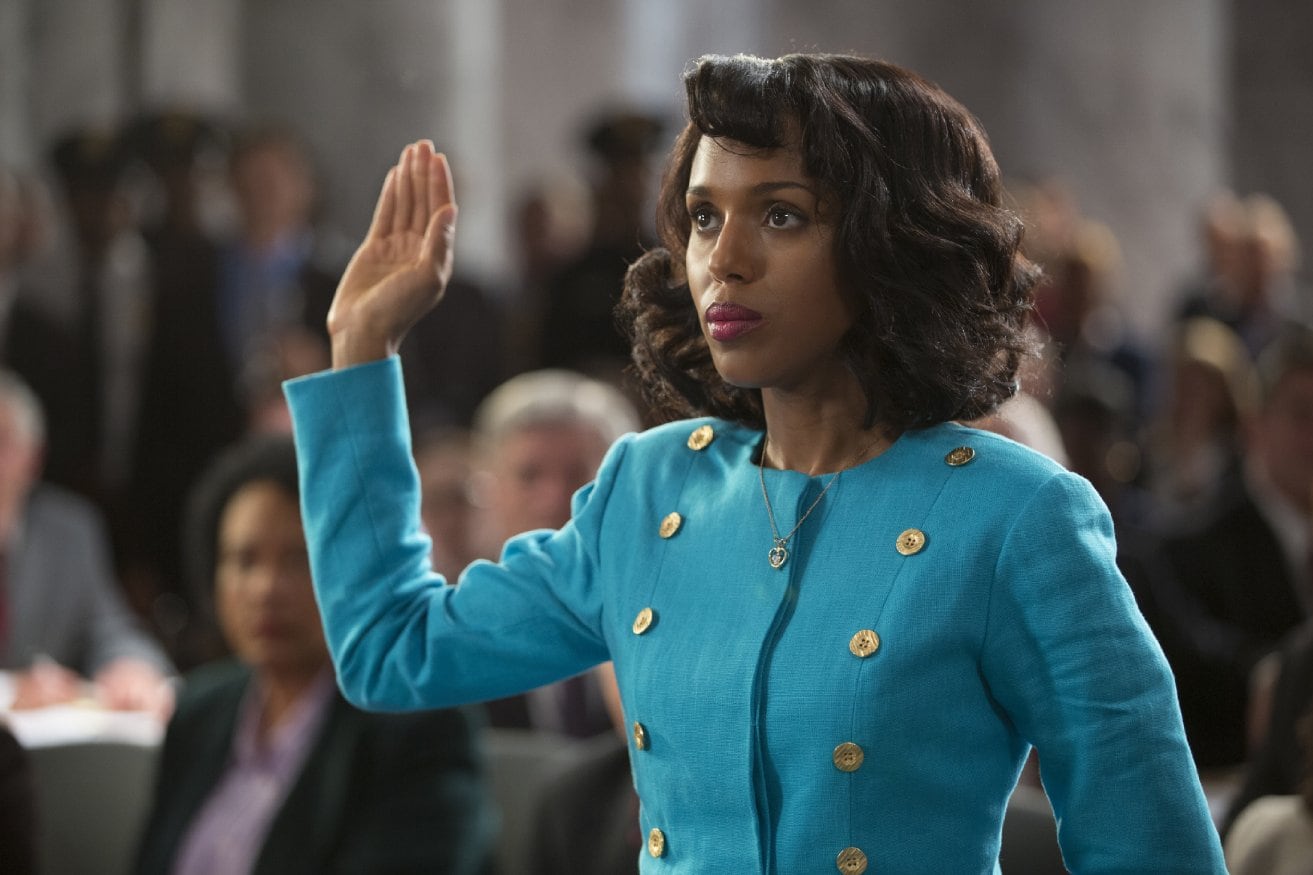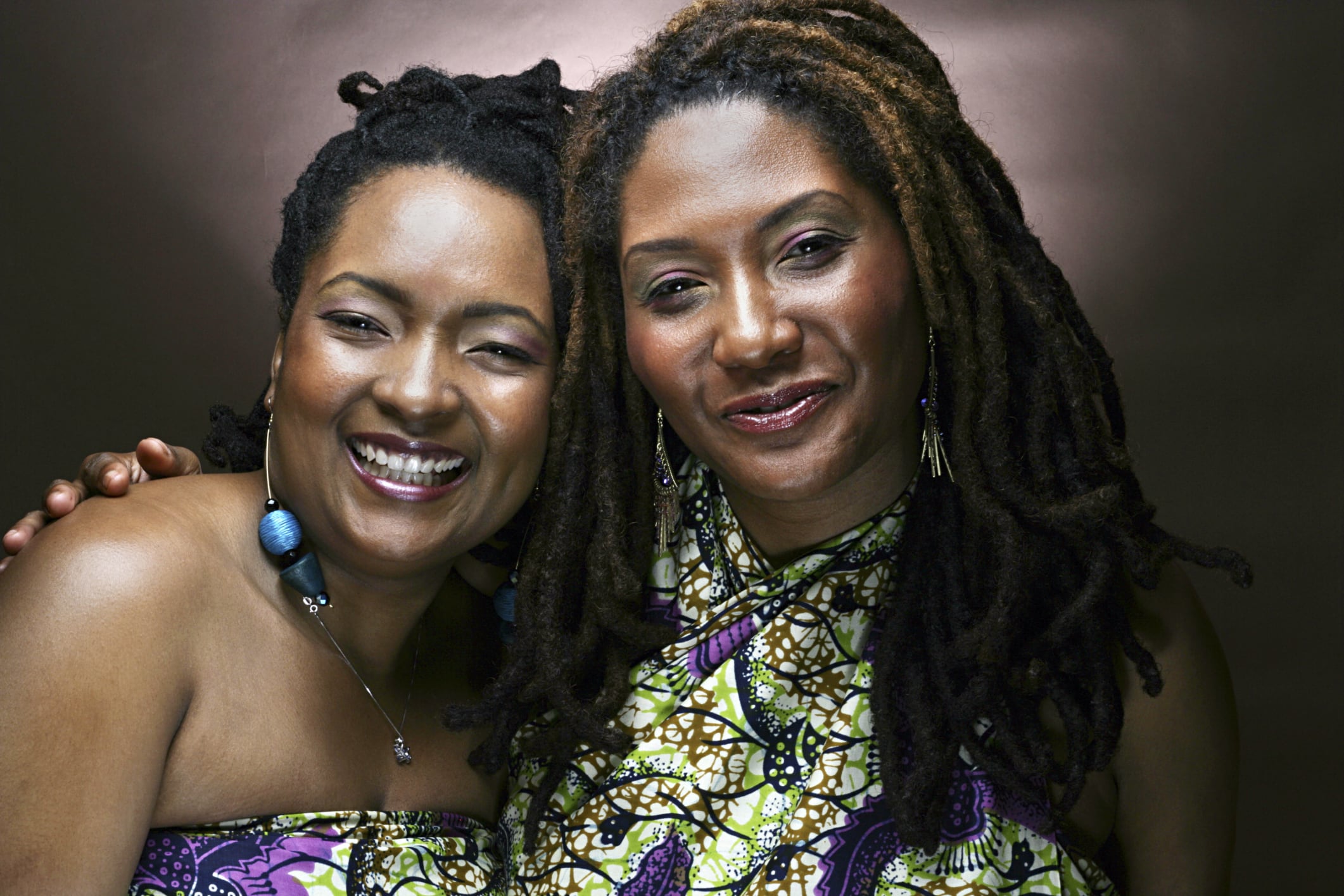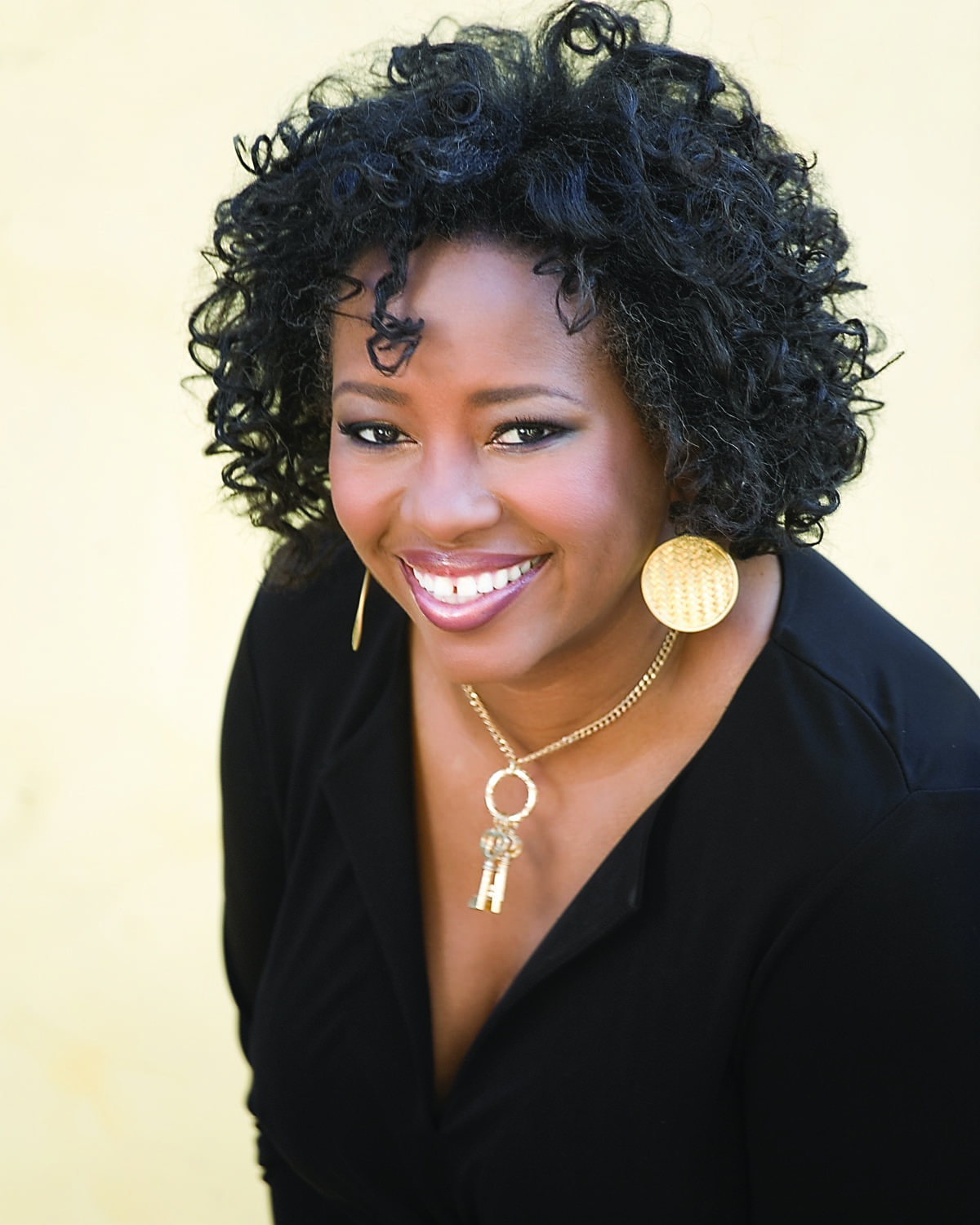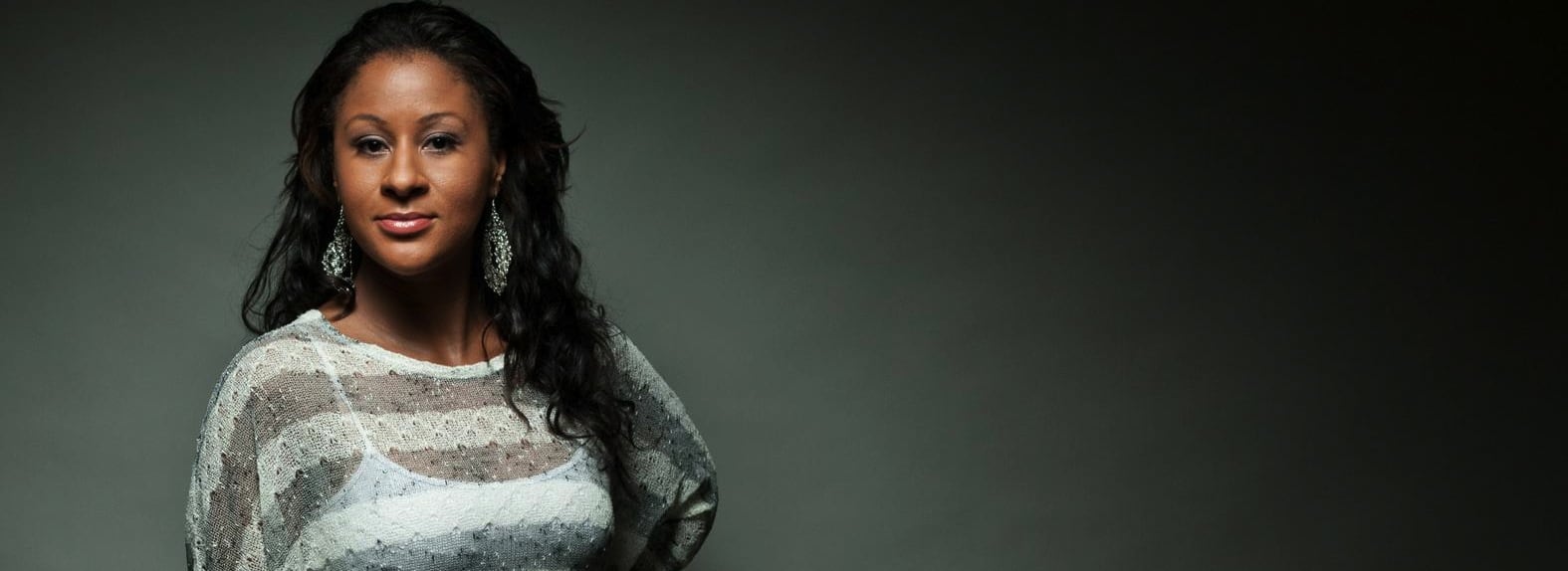
“It’s about human beings trying to really struggle with issues of identity and morality and truth,” Kerry Washington says. (Photo: HBO)
For many women, Kerry Washington’s true gladiator role is serving as co-executive producer of Confirmation on HBO. The “Scandal” star portrays University of Oklahoma law professor Anita Hill, who testified about unwanted sexual advances from her former boss, Clarence Thomas, during his 1991 Senate confirmation hearings for the U.S. Supreme Court.
“It’s about human beings trying to really struggle with issues of identity and morality and truth,” Washington said during promotions for the film. “I love that we get to take this little moment in history and peel back the layers and allow people a peek behind the curtain so you can really understand more of what was truly happening,”
“It was a moment in our nation’s history where we got to look at what power looks like in this country.” She noted that those grilling Hill were “all white, all male, all of a certain age.”
Confirmation marks the 25th anniversary of the Senate hearings and has introduced a new generation to Anita Hill and how she helped to spark more attention to sexual harassment as well as surge of women seeking political office.
“The takeaway for me is how truly courageous she is,” Washington said.
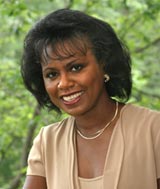
Anita Hill sparked more attention to sexual harassment as well as surge of women seeking political office. (Photo: Brandeis University)
Hill, now 59, is a University Professor of Social Policy, Law, and Women’s and Gender Studies at Brandeis University. She has also used her legal expertise as an attorney in civil rights and employment. Her books include Reimagining Equality: Stories of Gender, Race and Finding Home in 2011; Race, Gender and Power in America: The Legacy of the Hill-Thomas Hearings, co-edited with Emma Coleman Jordan in 1995; and her 1997 autobiography, Speaking Truth to Power.
Thomas has spent most of the last quarter-century without uttering a word during sessions at U.S. Supreme Court. Many Americans have considered the 67-year-old’s silence irresponsible — even if they don’t really want to hear what he has to say — because he is filling the seat of Thurgood Marshall, the only other African American to serve on the high court.
While Confirmation serves as an introduction for some, it’s a reminder for legions of others caught up in he said-she said debates around the world. Melissa Harris-Perry said she was moved to tears by the scene in which Hill discovers boxes of letters from supporters.
“I was a college student just finding my feminist identity when Hill testified and was vilified,” Harris-Perry, one of the letter writers, wrote in an Elle article. “Her testimony helped me contextualize my own sexual assault and helped ignite my political engagement.”
However, Confirmation commits a sin of omission, Harris-Perry said in her article, “Where Are the Rest of the Black Feminists in HBO’s Confirmation?”
“Confirmation forgets the contributions of Professor Kimberlé Williams Crenshaw, the black feminist lawyer on Hill’s legal team,” she wrote. Crenshaw, a law professor at UCLA and Columbia Law School, is co-founder and executive director of the African American Policy Forum, a think tank on structural inequality.
“The movie forgets Nov. 17, 1991, when 1,600 black women combined their limited resources to purchase a full page in the New York Times for $50,000 using the name ‘African American Women in Defense of Ourselves.’ These black feminists leveled policy-based opposition to Thomas’ confirmation, situated Anita Hill’s testimony in a history of black women’s vulnerability to sexual violence, and articulated the need to analyze both race and gender in public discourse.”
What Confirmation gets right is Hill’s dignity. “Washington embodies Hill with poise and halting grace, mimicking the slow articulation of her complaints, and the humiliation the Senate panel put her through by forcing her to restate details of Thomas’s behavior,” Sophie Gilbert writes in The Atlantic.
“Far from being a scorned woman or a vengeful employee, she was a quiet law professor who simply wanted her concerns about a man appointed to the highest court in the land noted.”

